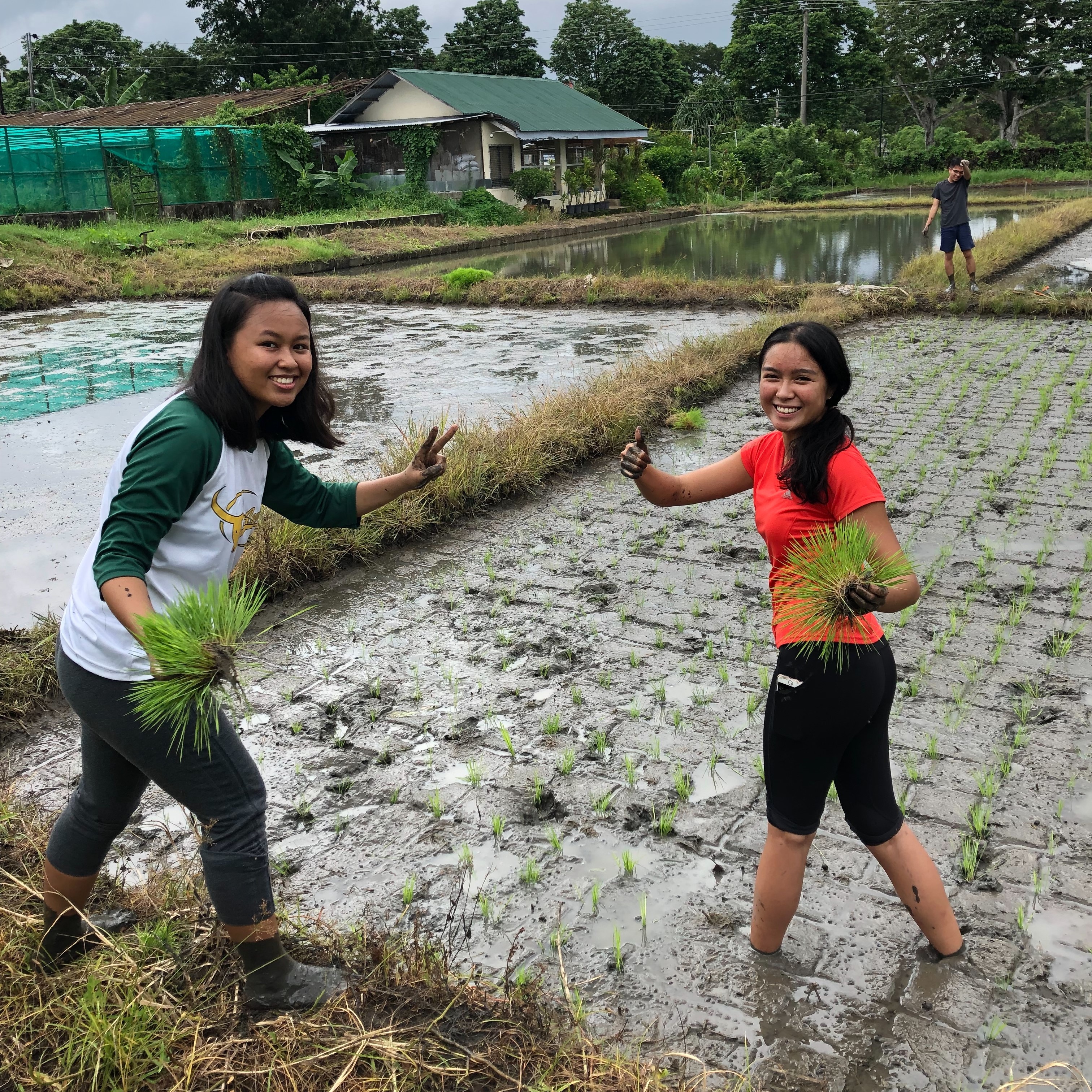
About
| Resource Specialization | Nutrition & Crop Science,Nutrition & Crop Science,Nutrition & Crop Science,Nutrition & Crop Science |
| Region Specialization | Asia-Pacific,Asia-Pacific,Asia-Pacific,Asia-Pacific |
| International Experience(s) | Participant, Green Challenge, Technical University Denmark; Participant, International Students' Summit, Tokyo University of Agriculture; Intern, VertiVegies, Singapore; Exchange Student, University of the Philippines Los Banos,Participant, Green Challenge, Technical University Denmark; Participant, International Students' Summit, Tokyo University of Agriculture; Intern, VertiVegies, Singapore; Exchange Student, University of the Philippines Los Banos,Participant, Green Challenge, Technical University Denmark; Participant, International Students' Summit, Tokyo University of Agriculture; Intern, VertiVegies, Singapore; Exchange Student, University of the Philippines Los Banos,Participant, Green Challenge, Technical University Denmark; Participant, International Students' Summit, Tokyo University of Agriculture; Intern, VertiVegies, Singapore; Exchange Student, University of the Philippines Los Banos |
| Hometown | Scarborough, Ontario, Canada,Scarborough, Ontario, Canada,Scarborough, Ontario, Canada,Scarborough, Ontario, Canada |
"GRS completely puts me in charge of my own degree, to take courses that will truly allow me to develop skill sets in areas that I see necessary to pursue meaningful impact - no more prerequisites that I find inessential!","GRS completely puts me in charge of my own degree, to take courses that will truly allow me to develop skill sets in areas that I see necessary to pursue meaningful impact - no more prerequisites that I find inessential!","GRS completely puts me in charge of my own degree, to take courses that will truly allow me to develop skill sets in areas that I see necessary to pursue meaningful impact - no more prerequisites that I find inessential!","GRS completely puts me in charge of my own degree, to take courses that will truly allow me to develop skill sets in areas that I see necessary to pursue meaningful impact - no more prerequisites that I find inessential!"
Why did you choose the GRS specialization that you did?
I grew up in an immigrant household: my parents were raised on hyperlocal food systems in the Philippines, fed with produce from their family farms and fish from local markets. When they immigrated to Canada, they shared these experiences with me through stories and cooking: often they substituted tropical ingredients with North American equivalents. Upon moving away from home to go to UBC, I craved the traditions of the motherland I was one generation removed from and the food system that my parents intimately knew and tried to share with me. This has led me into a deep journey of learning how agriculture has transformed from their time to suit industrial needs, particularly in Southeast Asia. I am fascinated by the advances in technology which have allowed us to feed so many people but I am also conscious of the social, economic and environmental costs it has bearing on the world. My resource allows me to understand, beginning at a molecular level, how we have transformed our crops into products which supply our industrialized diets. My region allows me to explore elements of my culture in relation to agriculture. Overall, I want to build a more sustainable food system.
What was your international experience and what did you learn from it?
My experiences in Denmark and Japan taught me about the current problem areas and solutions being pursued by students in food systems on a global scale. It has allowed me to explore at a personal level where my skills are best aligned. It has also given me hope that there are a lot of people thinking about these problems as well – I am definitely not alone and have a strong network of people to reach out to, who also want to build a more sustainable food system.
In Asia, I went from one end of the spectrum to the other – advanced mechanization and controlled agriculture environment in Singapore to landless, smallholder subsistence farmers in the Philippines. In Singapore, I learned how the for-profit sector can bring products to scale and has the capacity to try new things. In the Philippines, I’m learning about bringing research to practice and supporting agriculture in a developing economy amidst political instability. I’m learning about how to navigate all of these things with the privilege that I have – as a visitor to these places from Canada.